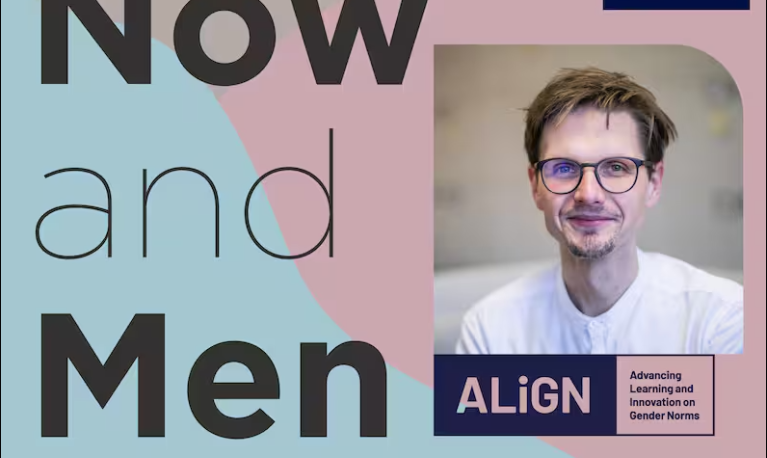- Report
- 20 Mayo 2024
Men as allies in shaping a gender equitable society: perspectives from Malaysia
- Published by: ALIGN, Centre for Research on Women and Gender, KANITA
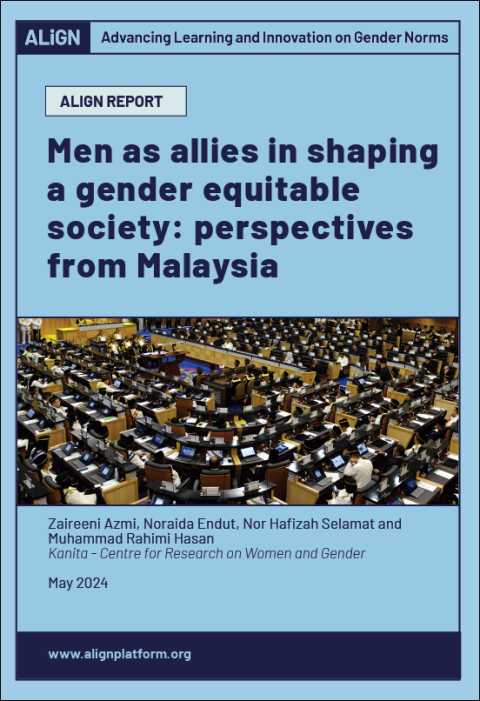
This qualitative study explores how more men in politics can become active agents of gender transformative change in Malaysia. Despite various governmental commitments to improving women’s political participation, women have been systematically excluded and underrepresented in national political institutions for more than 60 years of independence. Patriarchal gender norms and misogynist political culture have been resistant to change, fuelling both online and offline attacks against women in public life.
This report identifies how men who support gender equality explain and understand their role, what factors enable and inhibit their efforts, and where civil society could best support feminist allyship. All men in the study refused to identify as feminists due to negative stereotypes and misunderstanding of feminism, which linked to how men’s engagement with the topic was also shaped by discourses of Westernisation, tradition and Islam. Men’s work in politics for gender equality was enabled by supportive political parties, or a deeper understanding of gender equality – usually among younger generations.
Practitioners and donors can draw various implications from the study, unique in this Malaysian context, including the need to support sustained dialogue and engagement between men politicians and feminist movements to demystify feminist goals.
Key messages
- Men politicians in Malaysia rarely identify themselves as feminists because of negative views of the term, instead preferring to describe themselves as women’s advocates or humanists.
- While male politicians believe that they are playing a strategic role as women’s advocates or humanists, their actions have had little impact on the transforming of societal norms and practices, particularly in politics. Feminist activists and female politicians do not believe men have helped or
advocated effectively for women. - Male politicians have not collaborated with other men to advance the gender equality agenda, even if their parties formally include such an agenda in their constitutions and manifestos.
- Encouraging men to become agents of change for gender equality necessitates a deep comprehension of how their male privilege intersects with their political stance. Supportive political parties play a crucial role as facilitators in fostering transformative shifts in gender norms.
- Predictably, young women are more aware than young men and concerned about the gender inequalities that permeate different aspects of their lives, including politics and decision-making. Patriarchal views continue to influence young men’s worldviews, as well as dominant narratives about politics and leadership, again reinforced by behaviour of men in politics who adhere to masculine norms.
- Countries / Regions:
- Malaysia
Related resources
16 May 2024
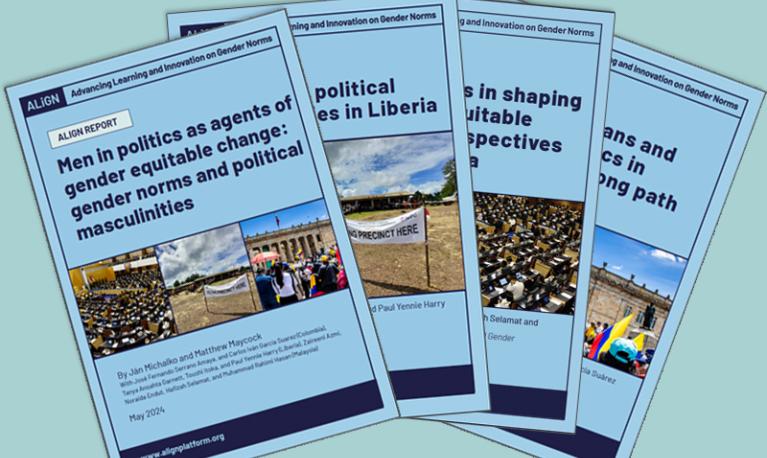
2 November 2020
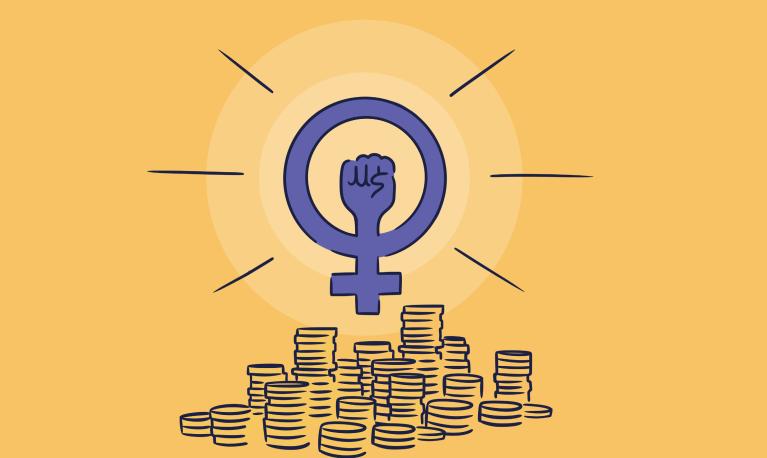
Report
28 Mayo 2024
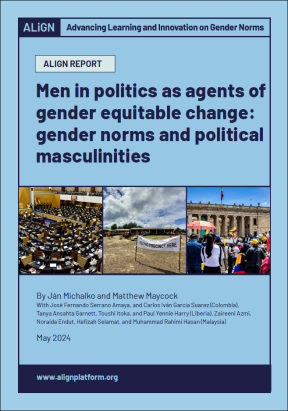
Report
1 Mayo 2024

Report
13 Mayo 2024
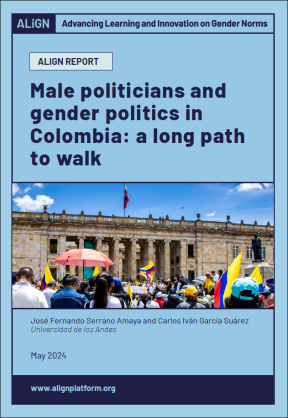
Video/podcast
15 Mayo 2024
